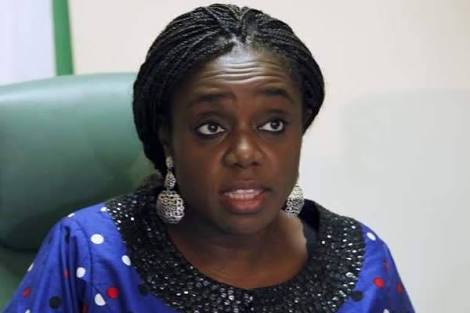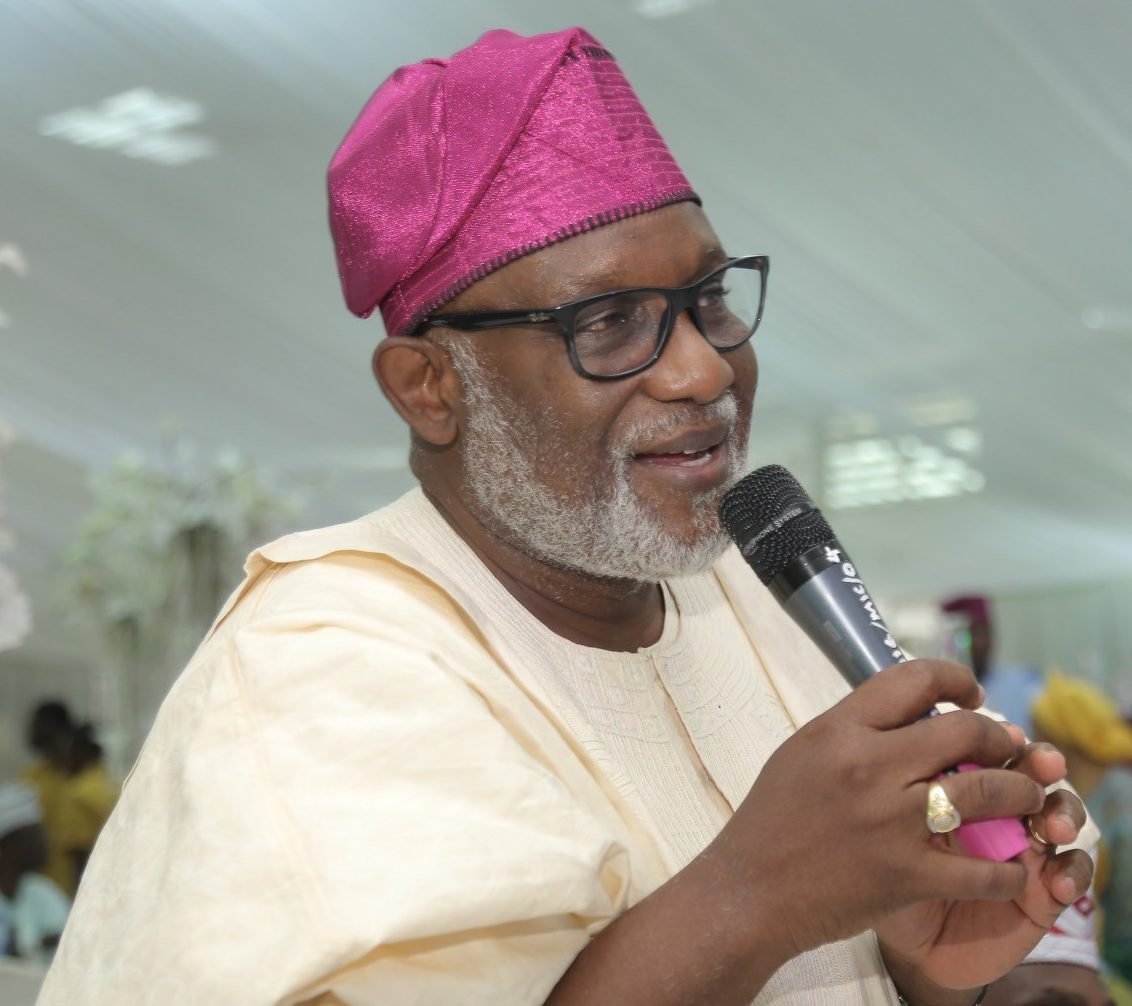The Minister of Finance, Mrs Kemi Adeosun, on Wednesday explained why President Muhammadu Buhari had not given assent to the African Continent Free Trade Agreement (AfCFTA), which is expected to increase intra-African trade by 52.3 per cent from the current 19 per cent.
The Federal Executive Council had on March 14 approved that Nigeria should sign the framework agreement for the establishment of the initiative.
But few days to the signing of the agreement, President Muhammadu Buhari opted out of the African Union meeting where the pact was to be signed by 55 African countries.
Already, 44 African countries have endorsed the agreement, which will enable them to form a $3tn continental Free Trade Zone encompassing 1.2 billion people.
The AfCFTA identifies seven priority action clusters for its implementation.
They are trade policy, trade facilitation, productive capacity, trade-related infrastructure, trade finance, trade information and factor market integration.
But speaking at the opening session of the African Export-Import Bank Annual Meetings in Abuja, the finance minister said the President withheld his assent to enable the Federal Government to consult more with major stakeholders on the impact of the pact on the Nigerian economy.
She said the government was weighing the impact of the agreement on the economy, noting that soon, a decision would be taken on the issue.
She stated that the African trade agreement was too important for the country to hurriedly sign without making sure that the interest of all segments of the economy was protected.
According to her, the government has embarked on a nationwide consultation with state governments, local government authorities as well as manufacturers and other stakeholders.
The minister noted that the government was almost done with the consultation, adding that a decision would soon be taken on the pact by the President.
Adeosun stated, “We have been doing a lot of consultation around the country with manufacturer groups and other stakeholders. People are asking legitimate questions about how the AfCFTA affects them.
“It is extremely important for Nigeria to take its time to do this, because we must never be in a hurry in order not to get things wrong. We must get things right and that is why we must follow all the due processes, so that we can be able to say that we have done all the things that we are expected to do.
“So, that is simply what has been happening in the last few months.”
Adeosun called on AFREXIM Bank to invest more in order to promote trade and investment in the continent and support more businesses to grow.
The minister said, “We are tired of hearing of rhetoric words about Africa’s potential; let us put them into action.
“As a government, we are working to encourage real growth and sustainable trade within the African continent. We must transform our national economies and we must transform trade.”
The minister urged AFREXIM Bank to continue with its trade promotion and infrastructural development, and expressed confidence that the meeting would provide opportunities for African businesses.
In his comments at the event, the President, AFREXIM Bank, Dr Benedict Oranma, stated that the implementation of the AfCFTA would accelerate the integration of Africa markets, foster regional value chains and promote dynamic comparative advantages across the continent for certain kinds of goods.




